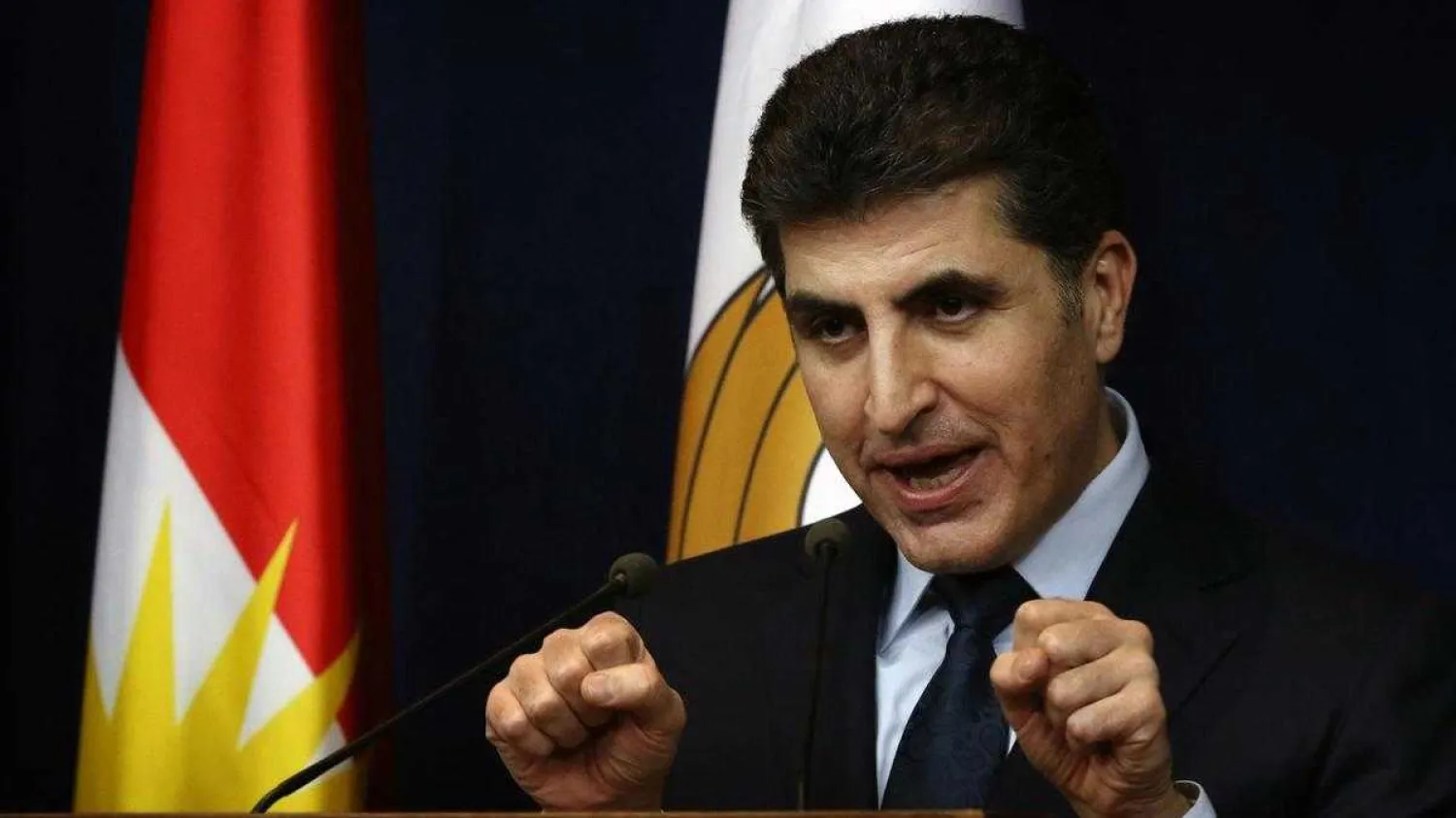Prime minister of the Kurdistan Region Nechirvan Barzani made on Saturday a surprise visit to Baghdad where he immediately met with Prime Minister Haider al-Abadi, and Shiite cleric Ammar al-Hakim, who is head of the Hikma Front, to discuss the Iraqi government formation and the question of who will become president.
Earlier on Saturday, Iraq’s newly-elected Speaker, Mohamed al-Halbusi, was in Erbil to hold meetings with the Kurdistan Democratic Party (KDP) President Masoud Barzani and security chief Masrour Barzani.
Kurdish media net Rudaw quoted the Kurdish deputy speaker Bashir al-Haddad as saying Halbousi, with his two deputies of the parliament, "intends to visit political parties (across Iraq)."
They want to "bring together different parties and commit to the constitutional deadlines for the election of the President and Prime Minister of the republic," Haddad noted.
A high-ranking source, who wished to remain anonymous, said Halbousi’s visit was in response to the invitation of the KDP party, which seeks to postpone the presidential election session scheduled for next Tuesday, Sept. 25, because it coincides with last year’s referendum vote on the constitution.
In Iraq, the president should be from the Kurds, the speaker from the Sunnis and the prime minister from the Shiites.
The deadline for candidates to submit their nomination for the presidency is Sept. 22.
Parliament is scheduled to meet next Tuesday, Sept. 25, to elect the president from among the candidates by a two-thirds majority of its members.
Currently, the KDP plans to name its own candidate for the Iraqi presidency, after refusing to endorse the nomination of Barham Salih by the Patriotic Union of Kurdistan (PUK).
Media outlets predicted that the party would support the candidacy of Hoshyar Zebari, a KDP politburo member and a former Iraqi minister.
In this case, seven candidates would compete next Tuesday on the presidential post as the country is still without a government, months after holding parliamentary elections on May 12.









